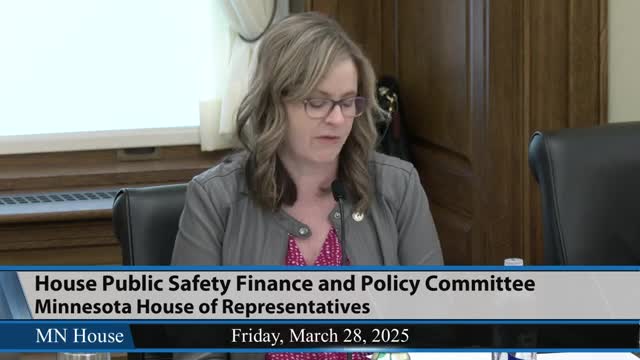Article not found
This article is no longer available. But don't worry—we've gathered other articles that discuss the same topic.
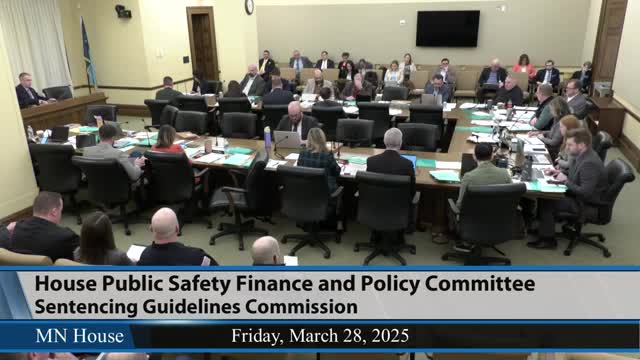
POST board seeks operating adjustment; Philando Castile Memorial Training Fund noted in governor's package
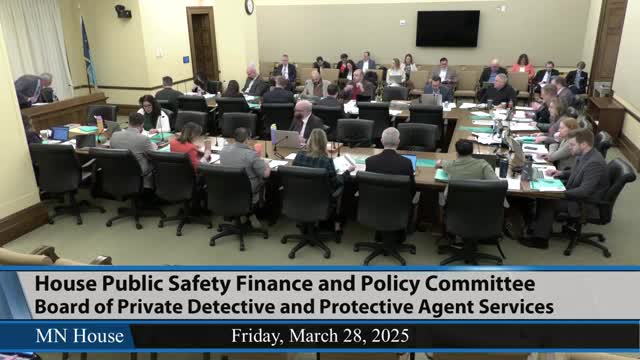
Board of Private Detectives and Protective Agents reports on licensing modernization after funding increase
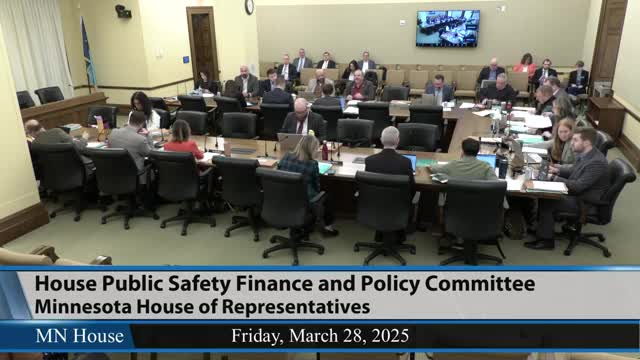
Ombudsman for Corrections highlights rising caseloads and requests additional staff in budget materials
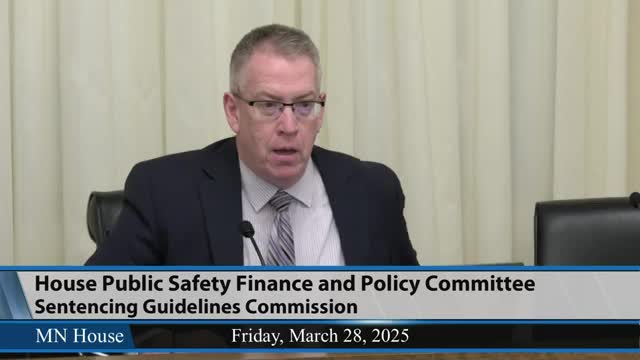
Sentencing Guidelines Commission outlines comprehensive review and data‑integration work; phase two unfunded
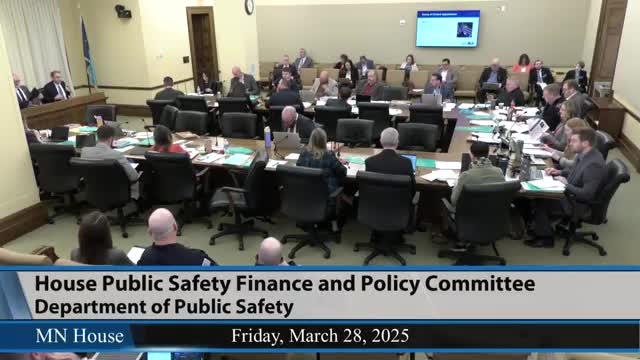
BCA proposes combined financial‑crimes unit with Commerce, requests forensic accountant and new missing‑person system
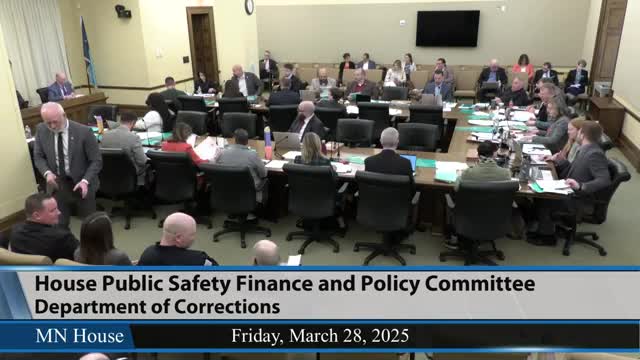
Department of Corrections asks Legislature for supplemental funding, larger ongoing operating adjustment
